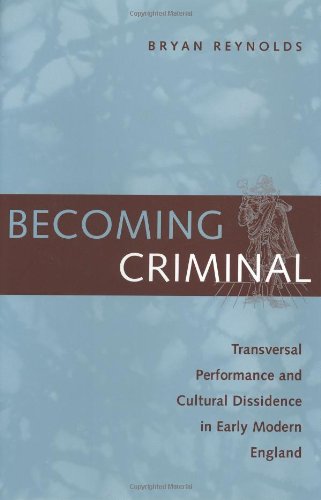

Most ebook files are in PDF format, so you can easily read them using various software such as Foxit Reader or directly on the Google Chrome browser.
Some ebook files are released by publishers in other formats such as .awz, .mobi, .epub, .fb2, etc. You may need to install specific software to read these formats on mobile/PC, such as Calibre.
Please read the tutorial at this link: https://ebookbell.com/faq
We offer FREE conversion to the popular formats you request; however, this may take some time. Therefore, right after payment, please email us, and we will try to provide the service as quickly as possible.
For some exceptional file formats or broken links (if any), please refrain from opening any disputes. Instead, email us first, and we will try to assist within a maximum of 6 hours.
EbookBell Team

0.0
0 reviewsIn this book Bryan Reynolds argues that early modern England experienced a sociocultural phenomenon, unprecedented in English history, which has been largely overlooked by historians and critics. Beginning in the 1520s, a distinct ''criminal culture'' of beggars, vagabonds, confidence tricksters, prostitutes, and gypsies emerged and flourished. This community defined itself through its criminal conduct and dissident thought and was, in turn,officially defined by and against the dominant conceptions of English cultural normality.
Examining plays, popular pamphlets, laws, poems, and scholarly work from the period, Reynolds demonstrates that this criminal culture, though diverse, was united by its own ideology, language, and aesthetic. Using his transversal theory, he shows how the enduring presence of this criminal culture markedly influenced the mainstream culture's aesthetic sensibilities, socioeconomic organization, and systems of belief. He maps the effects of the public theater's transformative force of transversality, such as through the criminality represented by Shakespeare, Jonson, Middleton, and Dekker, on both Elizabethan and Jacobean society and the scholarship devoted to it.